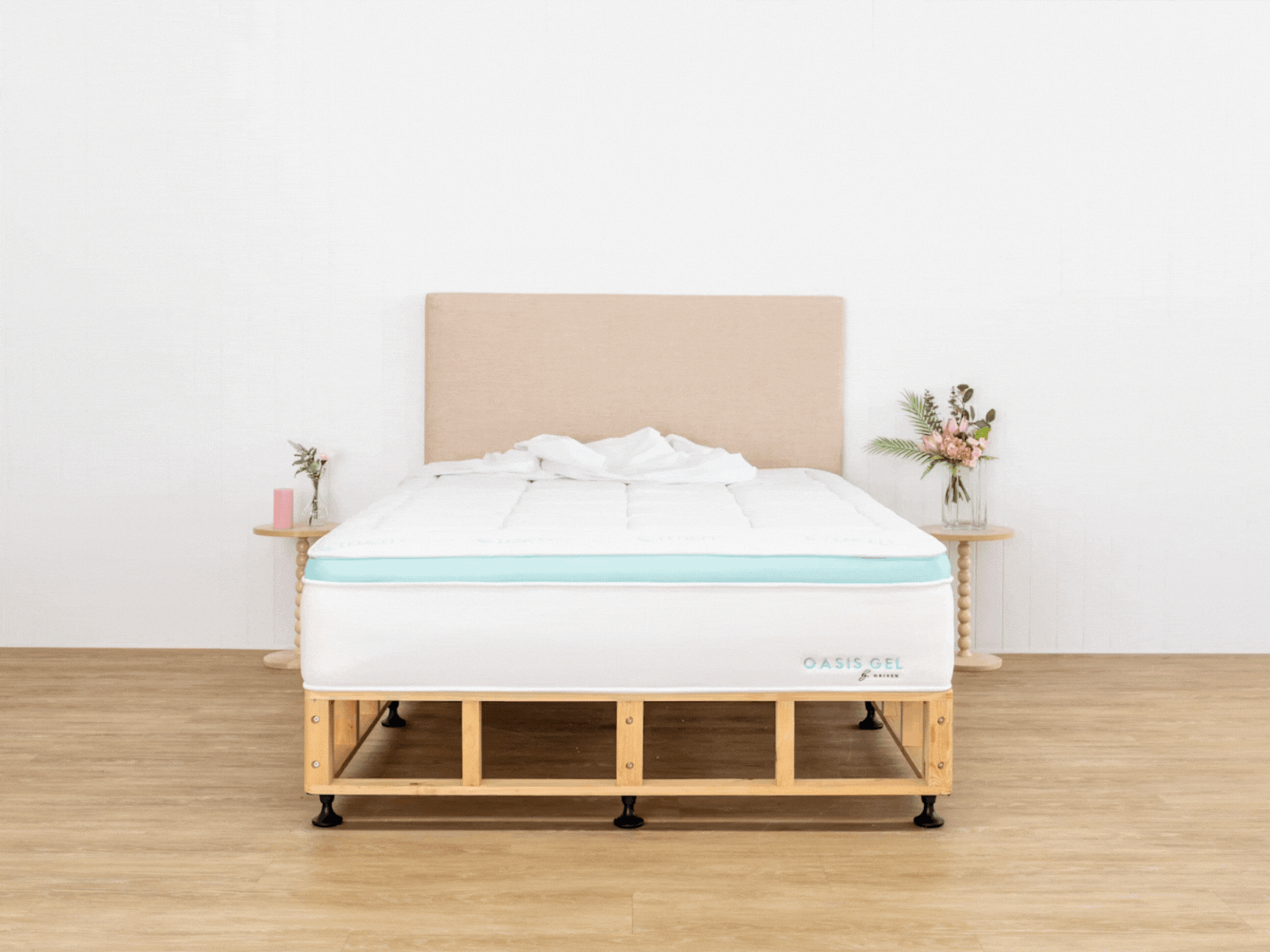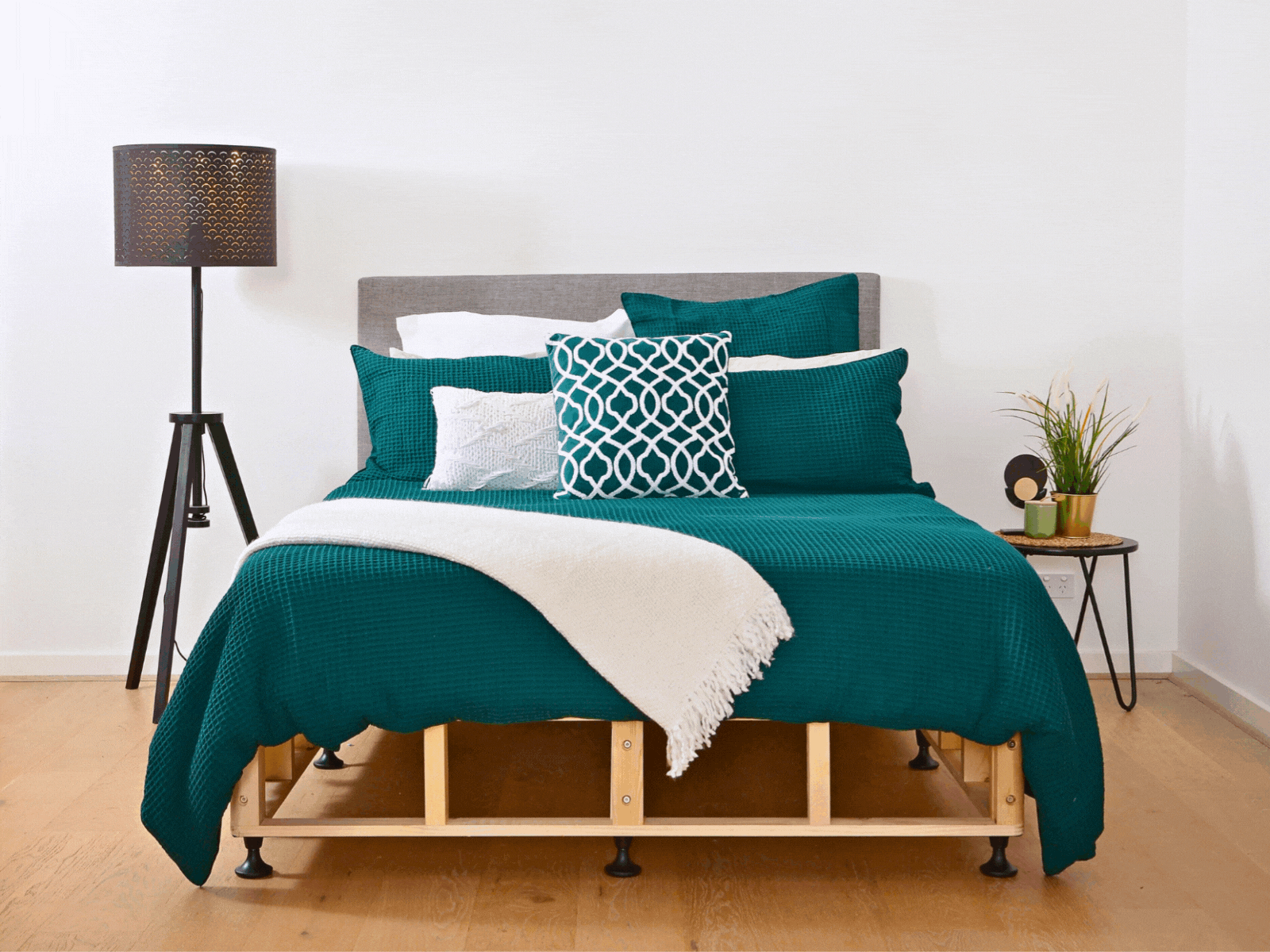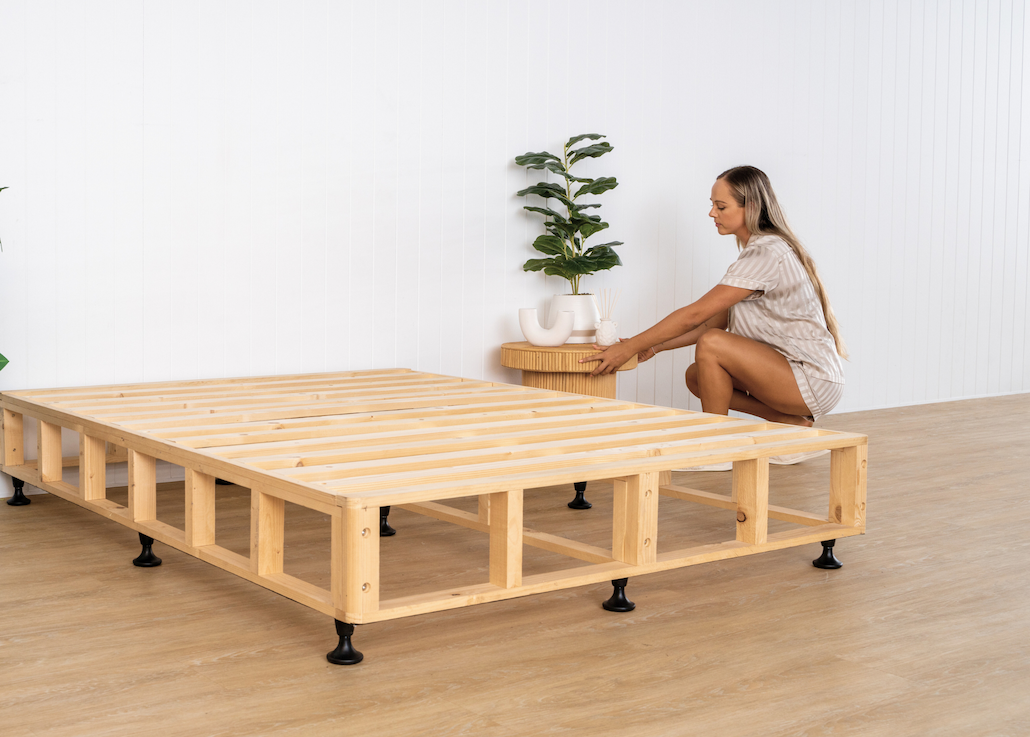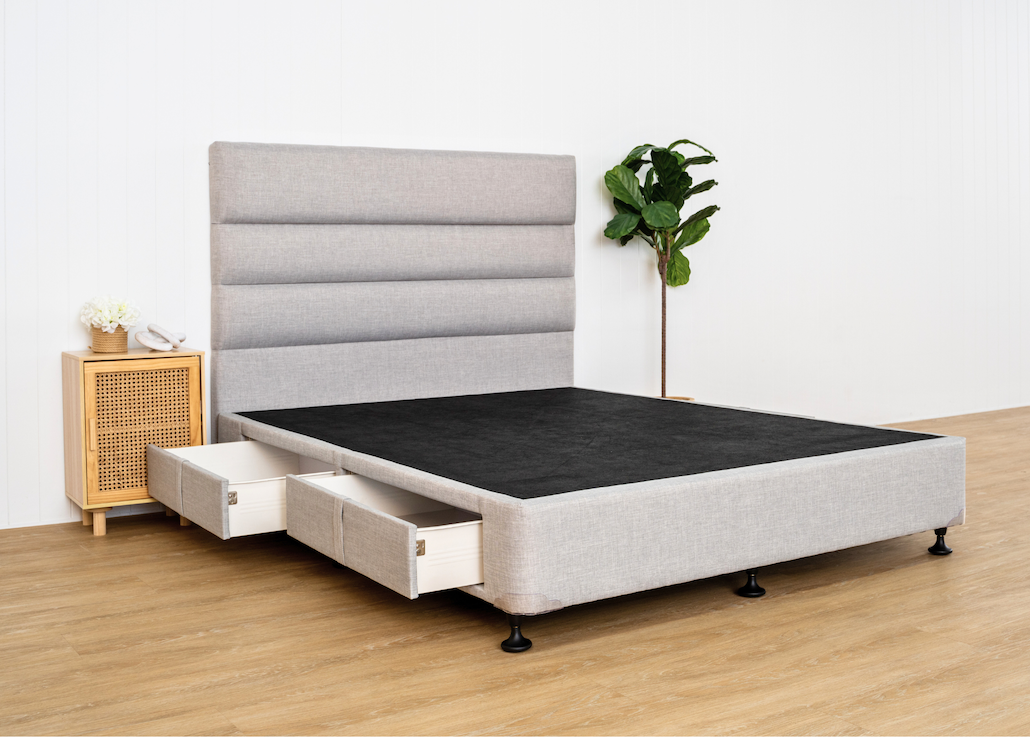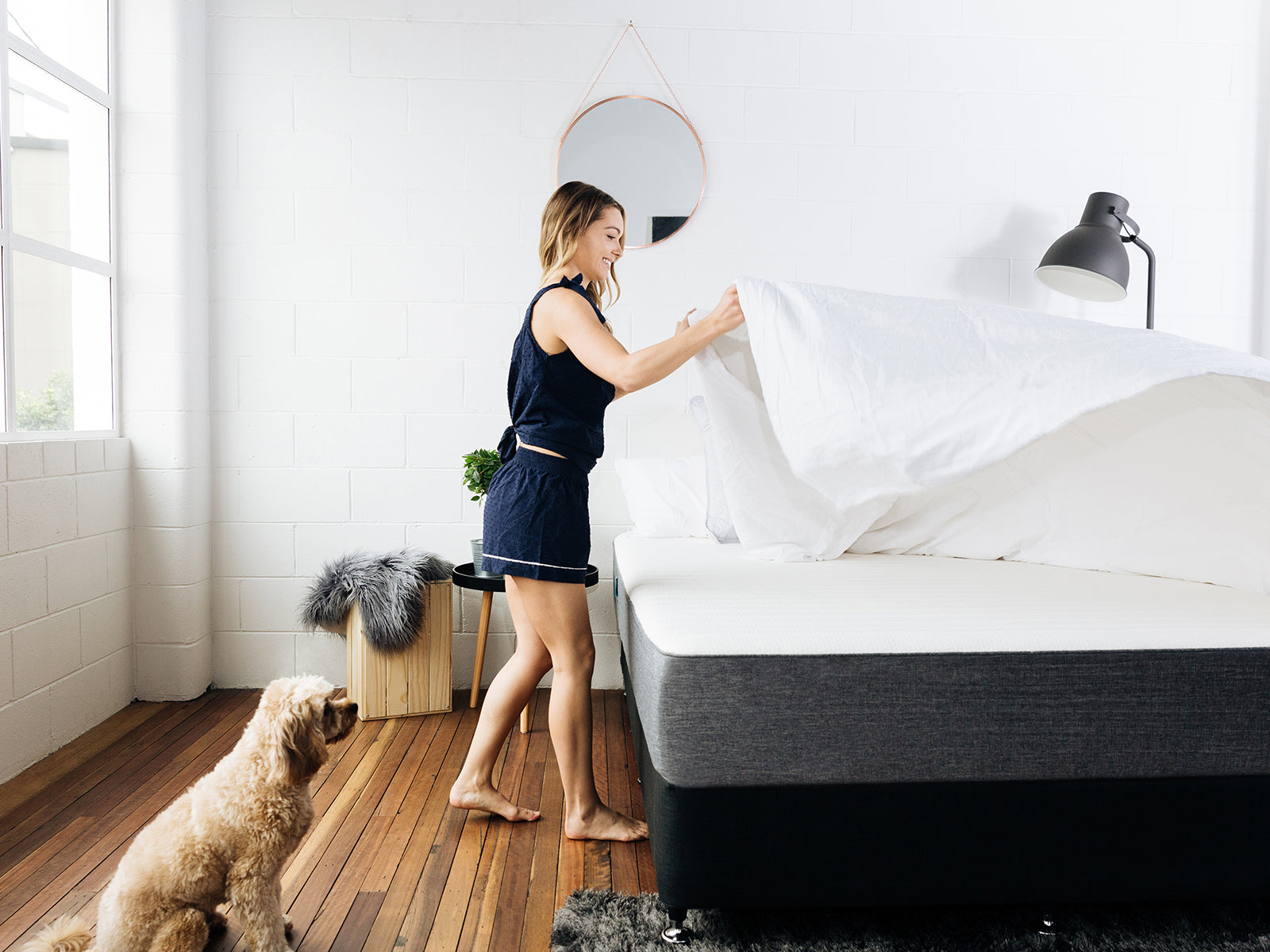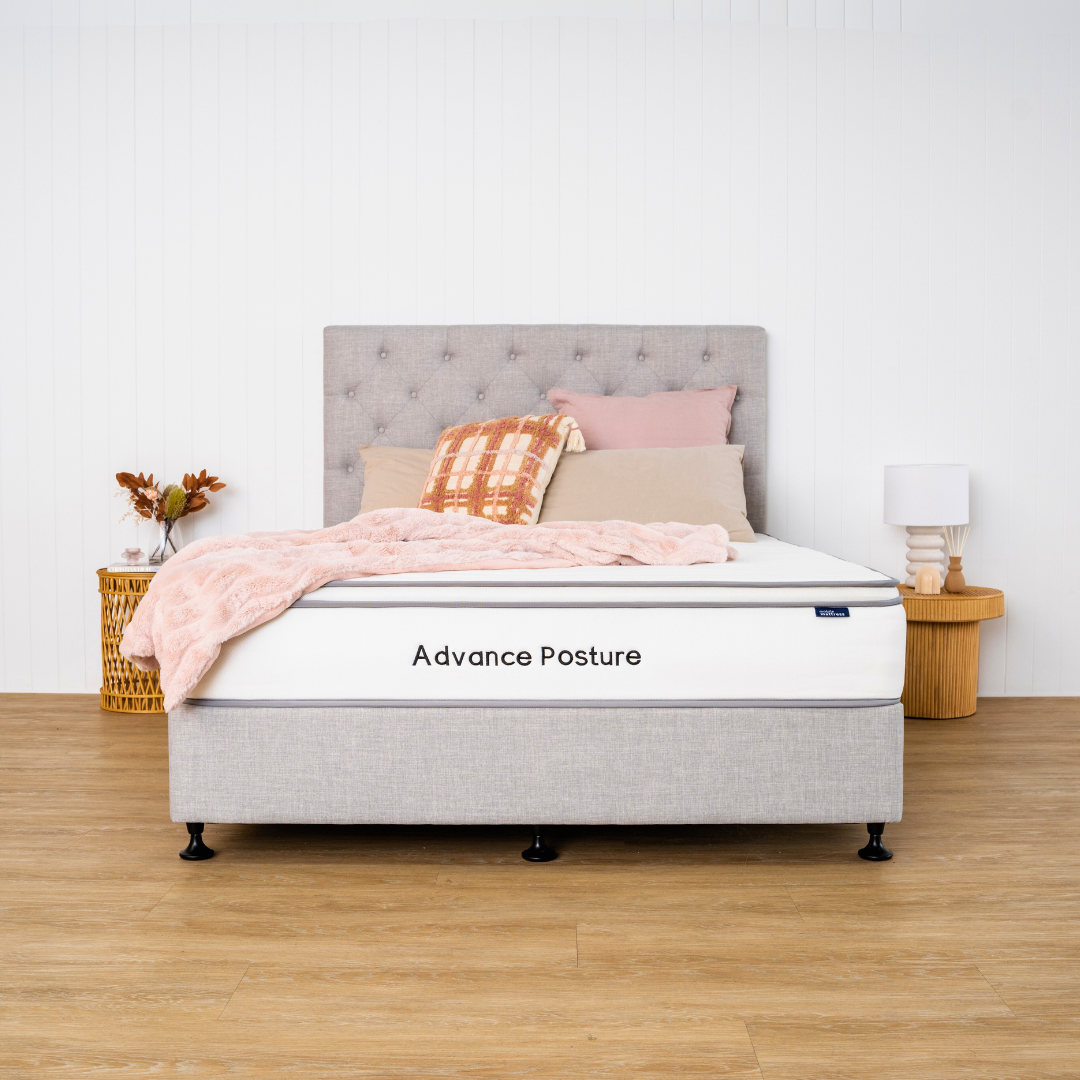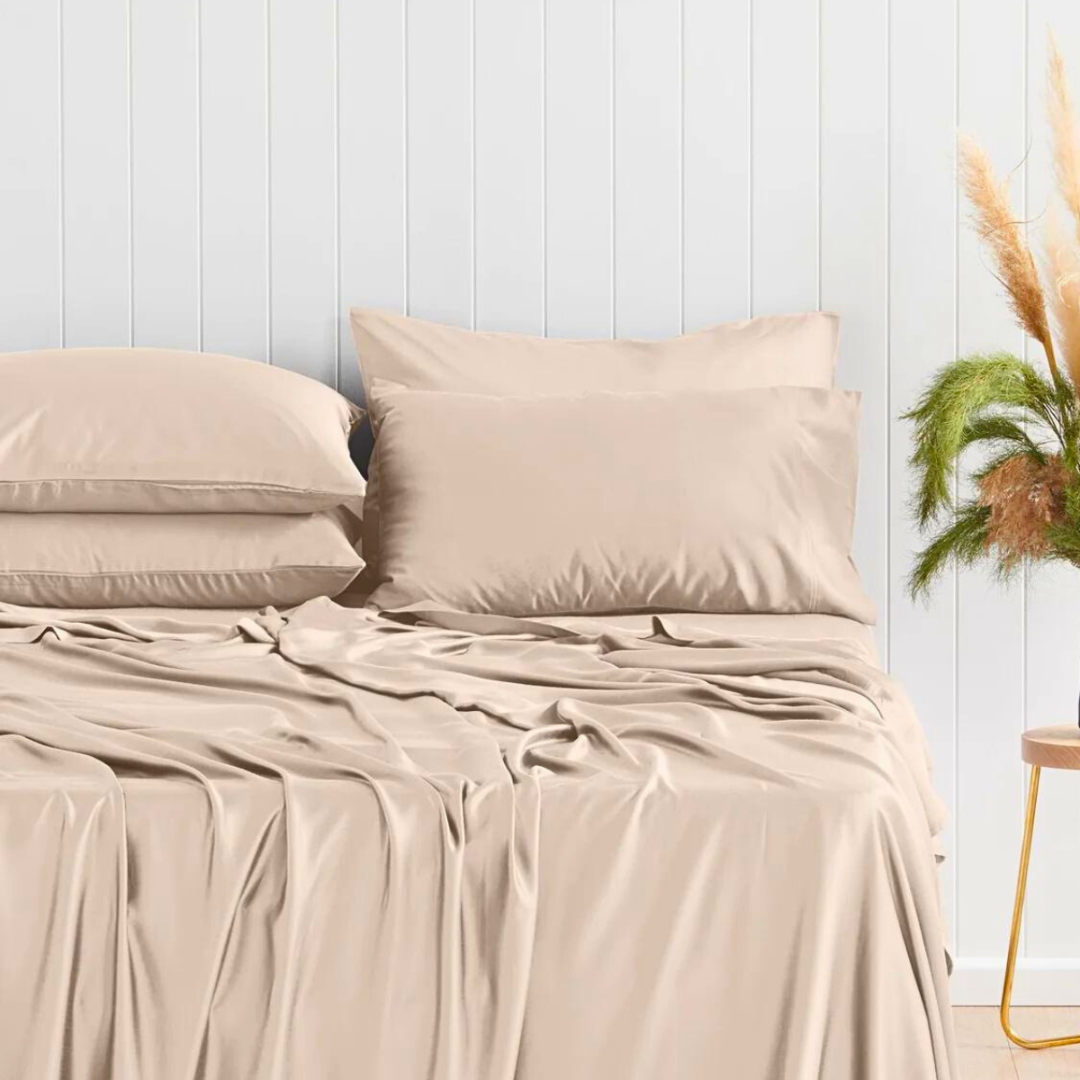We all know that feeling… laying awake at night, staring up at the ceiling, tossing, turning and finally reaching for that phone to put our troubles ‘to bed.’ But did you know that the blue light exposure from mobile devices, after dark, can actually have an adverse effect?
Prolonging our waking hours by tricking the mind into believing it is once again daytime?
Well, what it all boils down to is your circadian rhythm - in essence, this is the way in which our internal body clock interacts with light and dark, during the 24-hour sleep-wake cycle.
And it is, to say the least, the most critical component in understanding the science of sleep hygiene - affecting mental, physical and emotional functions. It regulates how we think and feel, our energy and anxiety levels, throughout the day and on a daily basis.
As humans, we want to wake up more energised and refreshed than when we went to bed. And the mind is a muscle like any other in the body - with the right routine, it can be trained. Learning how to master this biological process: to take advantage of the essential benefits of sleep - in the same way many monks and entrepreneurs do - can truly make a day, week, month and yes, a life’s worth of difference, in achieving our own high health and happiness.
Understanding the science of sleep hygiene
So is it easy to tap into the ideal circadian rhythm? And is this something that you, as well as others in differing life circumstances, can all benefit from?
The answer is YES.
As reported by the Australian Sleep Foundation, Teenagers aged 14-17 require 8-10 hours of sleep, while for Young Adults (18-25), Adults (26-64), and Older Adults (> 65) - 7-9 hours is recommended. In a 2018 Inquiry, it was surveyed that inadequate sleep affected 39.8% of Australian adults (7.4 mill), with a direct correlation to many chronic diseases including:
- Type 2 Diabetes (risk increased by as much as 45% in women)
- Metabolic Dysregulation (which can lead to obesity)
- Cardiovascular (Heart) Disease
- Cognitive impairment
- Depression
And as one who has overcome insomnia and sleep deprivation, from being a studious high schooler staying up late on assignments, then a sociable young adult doing 2 AM drinks with university friends, and also uncle to a sister - who somehow juggled three little ones while maintaining a career and a solid sleep cycle - the key is simple: become an early bird.
Studies indicate that 1-2 hours after sunset, the body’s melatonin levels slowly begin to rise (which induces sleepiness), reaching peak value at midnight, then decreasing again. It is at 10 PM however, that the mind reacts to this melatonin in a 2-hour period of transformation. If you are asleep, the whole entire body undergoes a reaction of restoration and repair, with increased metabolic activity. If awake however, a phenomenon of “second wind” occurs, whereby this spike in mental reactivity (that would usually repair the body during rest) now increases the difficulty of falling asleep. Weariness and fatigue are highly likely by morning.
Establishing a consistent sleeping routine
So then, if there is an ideal time for going to sleep… is there an ideal time to wake up? Does this special hour also possess some secret essential benefits?
The answer is… YES AGAIN!
One of the finest revelations I’ve ever discovered in relation to circadian rhythm, came from researching how millionaires and billionaires were able to maintain peaceful lives with such mentally stressful or physically demanding regiments. Apple CEO Tim Cook, TV icon Oprah Winfrey, and Hollywood superstar Mark Wahlberg are all living testimonials of one key idea:
THE 4:00 AM RULE
Waking up at this “golden hour” has been shown to produce profound effects on mental cognition and physical productivity. Why? Well, this peaceful time prior to the sun rising creates a space in which you are able to enjoy being alone, find reprieve from multi-tasking and devote time to caring for yourself: three things that go neglected throughout the day.
As well as this, it is believed that what you say, do, think and feel in the first 20 mins of the day, will set the tone for the entire day. So monks use this period to meditate, athletes and navy seals use this window for exercise, and others, like Cook, Winfrey and Wahlberg, use a combination of both (physical and mental exercise).
In his teachings of the Baghavad Gita, spiritual leader Swami Mukundananda recognises the 2-hour window before sunrise as Brahma Muharta - meaning “time for God.” It is still dark, the environment is quiet and undisturbed; therefore the mind is tranquil and pure. Willpower intensifies, creativity soars, and a plane of productivity is awakened where two morning hours can be an “equivalent of eight hours in the rest of the day.” Heightened focus and discipline in these hours allow meaningful constructiveness that can lower stress and anxiety for the remainder of the day. And thus offer a peaceful journey toward sleep.
Monks have used this for thousands of years. Spiritual leaders thrive on this understanding. Artists take advantage of this creative window. And entrepreneurs responsible for billion dollar enterprises recognise this balance between quality and focus in the premature hours, as essential in encouraging better decisions.
By exerting the hardest duties in the early hours of the day, you subsequently allow yourself to find content in this quality of work achieved. As a mother, you could accomplish personal goals before your children even wake and then gradually wind down as the day wears on.
Creating a space of relaxation
And are there any other measures to encourage a better night’s sleep? Other methods to supplement with this daily routine, to improve the quality of health and happiness?
ABSOLUTELY. And here are my final tips to outsmarting those sleepless nights: Incorporate the 3-2-1 Method
So this means refraining from exercise 3 hours prior to sleep. Eating and drinking no later than 2 hours before bedtime. And finally, relinquishing yourself from mobile, computer and TV screen time (blue light exposure) in the very last 1 hour of your wake cycle.
Use the bedroom only for sleep and intimacy
Treat your sleeping space for what it is: a sanctum of peace and relaxation. It should be dark, quiet and cool (about 21˚ celsius). If there are lights outside your window, invest in curtains or blinds. If you enjoy reading before bed, or have a child who requires a night light, ensure the colour temperature is warm (1900K-3400K) rather than cold blue (6500K).
Find the mattress that accommodates your comfort
It’s all well and good to let the mind do the neurological reparations during sleep, but if the body’s physical comfort is compromised - the daily benefits of sleep may be diminished. While we spend one third of our lives resting, poor spinal alignment can induce sore neck and shoulders, hip and lower back pains - physical strain on the nervous system that will deeply inhibit our functionality in the other two thirds of the day.
And while going to bed and waking up early is a tool that can be implemented by all, it is crucial to choose a sleep surface that moulds to the individual. Having scoliosis and lumbar lordosis myself, I can assure you how dramatically improved my sleep has become with a posturepedic memory foam mattress. Used in conjunction with (not in substitution of) a solid sleeping routine, has truly disciplined my mind and body toward harmonised balance.
Conclusion
So let me offer some guidance: try to work towards a 10 PM bedtime, at the very latest. If you usually doze off at 1:30 AM, simply reduce your bedtime by 30 mins each night, while waking up 30 mins earlier each morning, accordingly. And within a week - you’re there!
Take advantage of your natural neurochemistry and synchronise the circadian rhythm. Give the body a chance to physically slow down; allow the mind the necessary mental reduction it requires before bed. Create this solid nightly wind-down routine, using the 3-2-1 method.
Maintain the recommended 7-9 hours sleep and even try to shoot for that heralded 4 AM wake. If this means going to bed at 9 or even 8 PM, go for it. When you get it - maintain it. You will know you’ve got it down pat when you wake up feeling ready to scale Mt. Everest.
And finally, start to consider the bedroom as a sacred temple: with health and happiness a spiritual God, making the mattress your own unique and special tool for worship.
Become a monk of the mind and a billionaire of the body.

